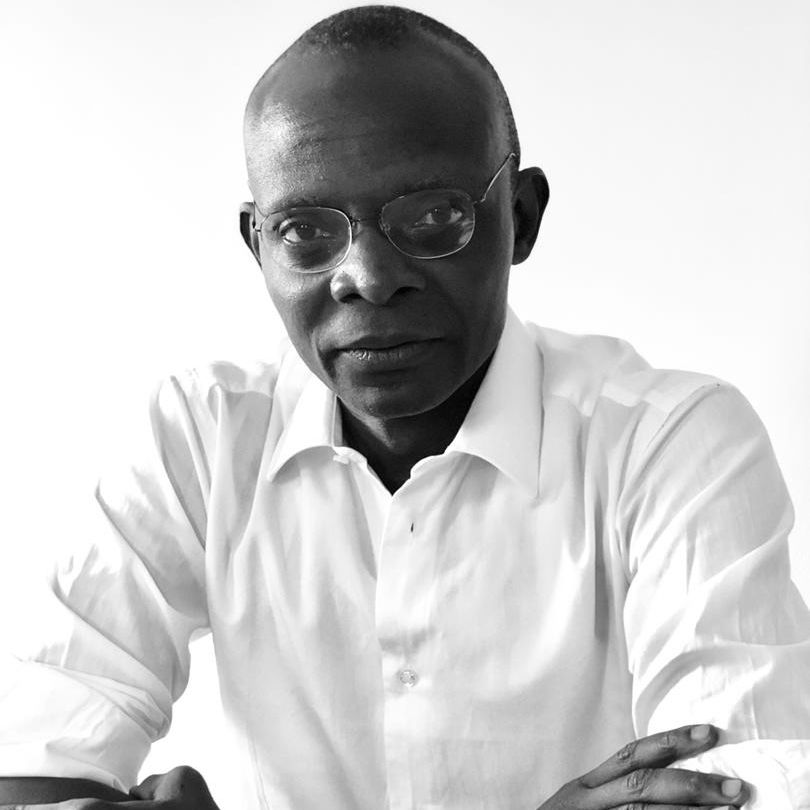Caesar Atuire is a philosopher and health ethicist from Ghana who is currently the Ethics Lead for the MSc in International Health and Tropical Medicine. He is also an Associate Professor of Applied Philosophy at the Department of Philosophy and Classics at the University of Ghana and an affiliate Instructor at the University of Washington’s Department of Bioethics and Humanities. Caesar is also the President of the International Association of Bioethics (2024-2026).
Caesar’s interests and research in bioethics are conceptual and empirical. On the former, he works around revisiting some of the underlying conceptual frameworks informing bioethics by drawing on philosophical ideas, African and non-African, that address inequity in the relationships that govern current approaches to global health with an eye to new ethical frontiers, decolonization, and pluriversality. In 2019, he co-edited a volume titled Bioethics in Africa, which discusses bioethical problems from an African perspective. He is currently leading a team of highly qualified colleagues from across the globe on a Wellcome Discovery Award to explore conceptualizations of solidarity and to design a solidarity index for ranking global health funders.
At the empirical level, he has designed a training package in clinical ethics for nursing trainees in Ghana based on real-life cases, served on IRBS, and contributed to the design and teaching of the first MSc in bioethics at the University of Ghana. He has led empirical research on conceptualizations and ethics of mental healthcare, especially in relation to persons who hold cultural and religious beliefs about the mind.
Caesar is a member of the WHO’s Covid-19 Ethics and Governance Working Group, a member of the Steering Committee of the Global Forum for Bioethics in Research, a Board Member of the International Association of Bioethics, and a core member of the Africa CDC-linked Working Group on an African framework for research ethics during outbreaks of emerging and re-emerging infectious diseases.
Outside academic life, Caesar leads an NGO, Amicus Onlus, that operates in healthcare, basic education, vocational skills training, and re-integration of returned illegal migrants to Europe in Ghana. This NGO works mainly among rural communities and the underprivileged. This dimension informs and compliments Caesar’s philosophical commitment to a more ethical world.
